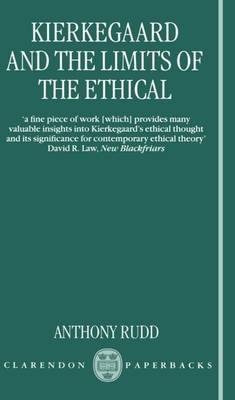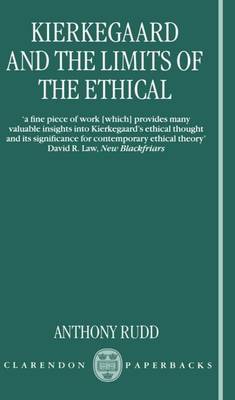
Je cadeautjes zeker op tijd in huis hebben voor de feestdagen? Kom langs in onze winkels en vind het perfecte geschenk!
- Afhalen na 1 uur in een winkel met voorraad
- Gratis thuislevering in België vanaf € 30
- Ruim aanbod met 7 miljoen producten
Je cadeautjes zeker op tijd in huis hebben voor de feestdagen? Kom langs in onze winkels en vind het perfecte geschenk!
- Afhalen na 1 uur in een winkel met voorraad
- Gratis thuislevering in België vanaf € 30
- Ruim aanbod met 7 miljoen producten
Zoeken
Omschrijving
This text introduces, explains, and discusses of some of Kierkegaard's central ideas, showing their relevance to debates in ethics, epistemology, and the philosophy of religion. It uses these ideas to create questions about the foundations of morality and the nature of personal identity.
Specificaties
Betrokkenen
- Auteur(s):
- Uitgeverij:
Inhoud
- Aantal bladzijden:
- 198
Eigenschappen
- Productcode (EAN):
- 9780198752189
- Verschijningsdatum:
- 24/07/1997
- Uitvoering:
- Paperback
- Afmetingen:
- 138 mm x 216 mm
- Gewicht:
- 274 g

Alleen bij Standaard Boekhandel
+ 145 punten op je klantenkaart van Standaard Boekhandel
Beoordelingen
We publiceren alleen reviews die voldoen aan de voorwaarden voor reviews. Bekijk onze voorwaarden voor reviews.









